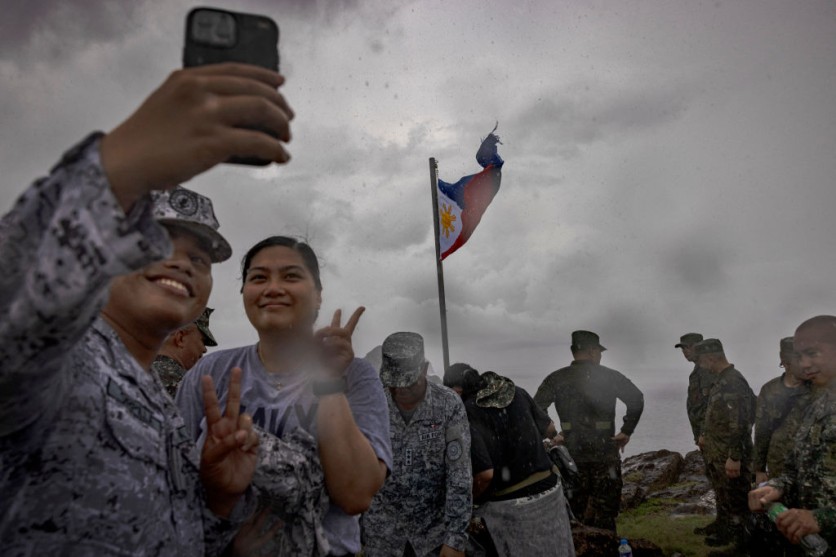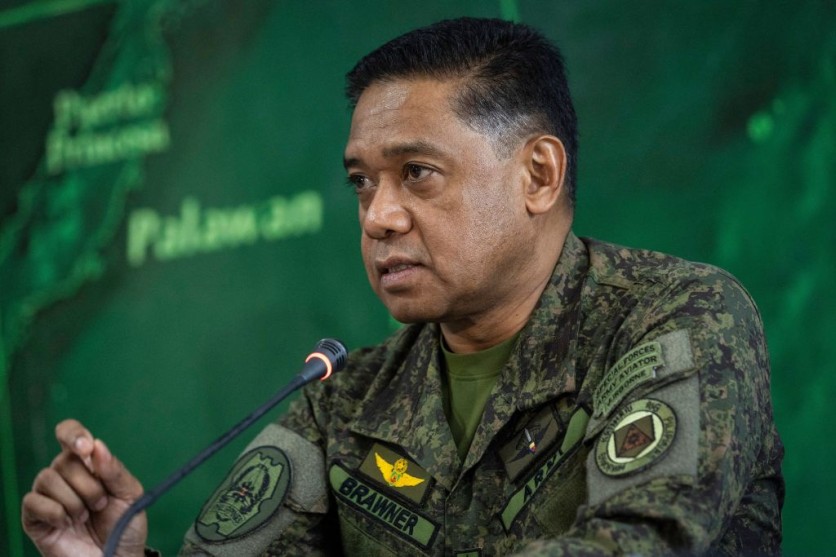
The Philippine defense chief has ordered all defense workers and the 163,000-member military to refrain from using apps utilizing artificial intelligence (AI) to generate personal photos due to worries about the security threats presented by such applications.
AP News reported that on October 14, a memo from Defense Secretary Gilberto Teodoro Jr. included the instruction. The ban on AI photo apps has been imposed as the Armed Forces of the Philippines (AFP) work hard to quell long-running communist and Muslim insurgencies and defend the country's territorial interests in the contested South China Sea.
The Department of National Defense (DND) confirmed the memorandum's legitimacy, which has recently been making the rounds online. However, the DND did not explain why Teodoro banned AI apps.
Teodoro's decree targets online services that ask for a minimum of 10 personal images from users to construct a "digital person" that mimics a real person's voice and motions. The Defense Secretary worried about "significant privacy and security risks" from photo-generating applications driven by AI.
Recently, the photo-editing app Photo Lab has become a hit among social media users in the Philippines. The AI-driven app allows users to edit photos using various creative filters.
The official said that even though these AI-powered apps are "seemingly harmless and amusing." they might be utilized maliciously. He emphasized the dangers of establishing fictitious personas, which might result in identity theft, social engineering, phishing attempts, and other nefarious behaviors. Teodoro described an instance in which similar behavior was previously recorded.
Teodoro responded by ordering all members of the armed forces to "refrain from using AI photo generator applications" and advising them to use care while disclosing information online. He stressed that they should follow the Philippines' Department of Defense's principles and policies.
Philippine Military Calls for 'New Breed' of Troops
Moreover, the AFP is also improving its cybersecurity measures by establishing a cyber command to strengthen cybersecurity against practically daily intrusions, according to General Romeo Brawner Jr., Chief of Staff of the Armed Forces.
Read also: Enhancing Wikipedia's Reference Reliability: AI System SIDE Revolutionizes Citation Verification
He noted that the Philippine military will ease recruiting standards to attract cybersecurity experts. General Brawner also emphasized that this "new breed of warriors" does not need to be physically strong, signaling a change in the military's recruiting strategy to place more emphasis on cybersecurity knowledge, according to WION.
Although various Philippine government organizations have recently reported hacks, General Brawner said none of these cyberattack attempts were successful.

Hacker Behind Cyberattacks on Philippine Government Websites Surface
Meanwhile, a person going by the name "Diablox Phantom" has claimed credit for recent hacks on different official websites of the Philippine government. The person apologized to those hacked in a video statement released on X (formerly Twitter).
The Cybercrime Investigation and Coordinating Center (CICC) is conducting an ongoing investigation to find the offender and assess their allegations, according to the Department of Information and Communications Technology (DICT), which admitted knowing of this person.
Diablox Phantom stated that they have no plans to sell the information they have obtained through hacking and that "passion" rather than external pressure was the driving force behind the cyberattacks, as per a report from GMA News. The hacker also urged the Philippine government to prioritize cybersecurity to avoid future assaults.
The Department of Science and Technology (DOST), the Philippine National Police (PNP), and the Philippine Statistics Authority (PSA) were among the Philippine government agencies that were recently the victims of cyberattacks.
Diablox Phantom has pledged to delete the data acquired and cease all online activity.

![Apple Watch Series 10 [GPS 42mm]](https://d.techtimes.com/en/full/453899/apple-watch-series-10-gps-42mm.jpg?w=184&h=103&f=9fb3c2ea2db928c663d1d2eadbcb3e52)



